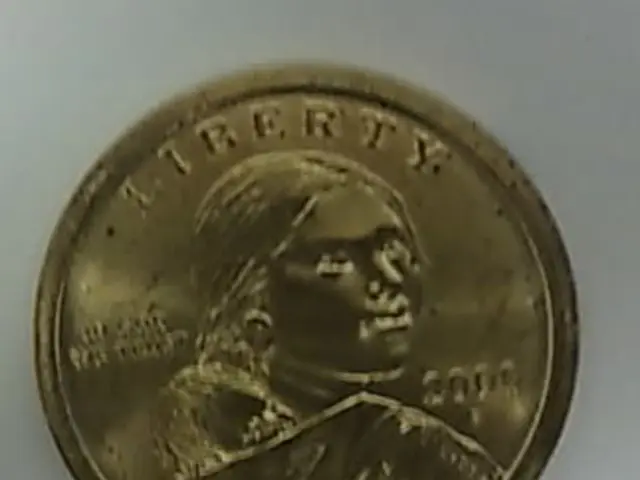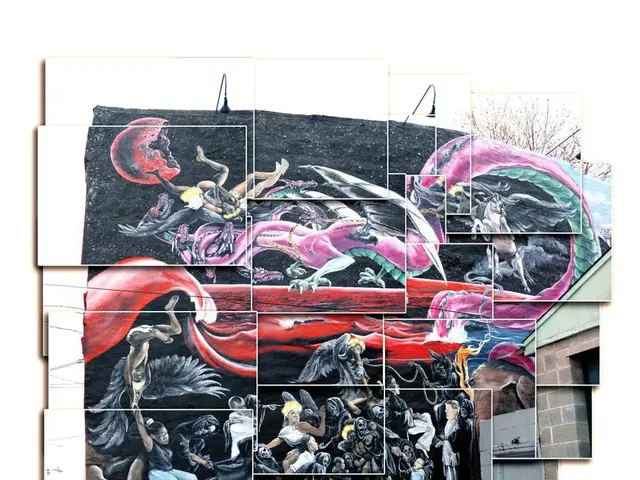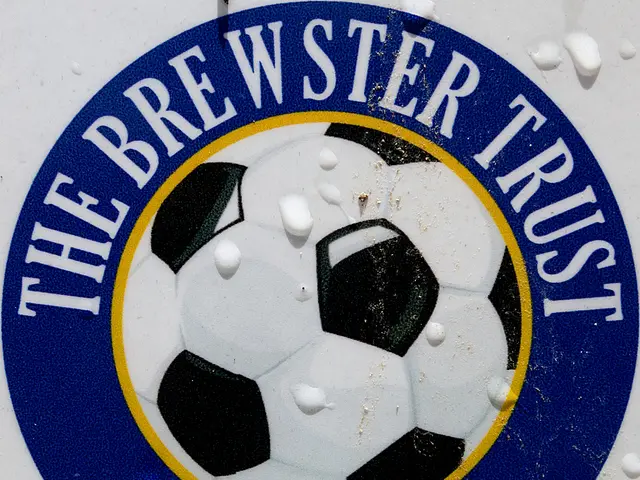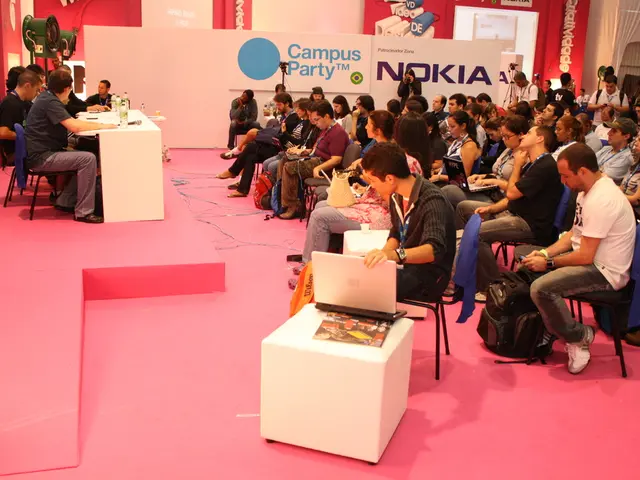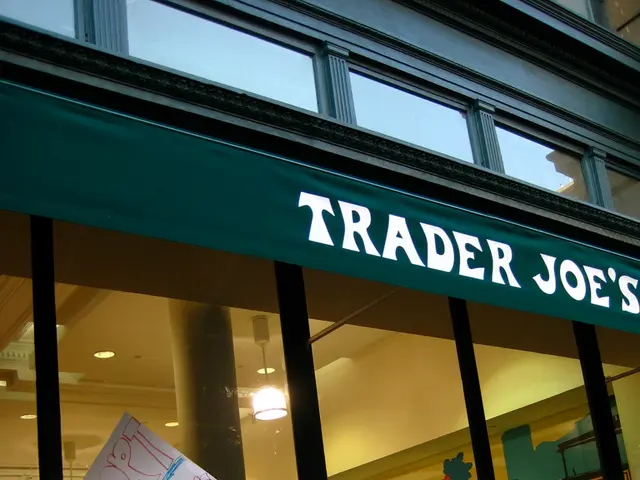Advancements or Progressions
The gambling sector in Brazil is facing a critical juncture, with the proposed tax increase and the recent ban on influencer ads creating a challenging environment for the legal market. The next phase of regulatory development could determine whether the legal market can thrive or whether overly rigid controls push consumers further into the shadows of the illegal gambling market.
The role of influencers in gambling marketing has been a central issue for Brazil's Parliamentary Inquiry Commission (CPI). In May 2023, the Brazilian Senate approved new restrictions on betting advertisements, including a ban on the use of influencers in gambling promotions. However, these restrictions could inadvertently empower the illegal gambling market.
According to industry expert Ludmer, well-regulated influencer campaigns could help reinforce responsible gambling messages and distinguish licensed platforms from their illegal counterparts. Without responsible advertising, bettors might find it harder to distinguish between legal and unlicensed platforms, potentially increasing their exposure to illegal sites and unregulated betting activities.
The regulated market relies on clear communication to inform consumers about legitimate servers. When advertising is heavily restricted, legal operators struggle to reach their audience, possibly pushing consumers toward illegal alternatives where promotions are less controlled.
The illegal gambling market persists partly due to the inability of authorities to block unlicensed sites effectively. If legal platforms face advertising bans or severe influencer engagement limits, these illegal sites might become more attractive or prevalent because they exploit unrestricted promotional channels.
Influencers can be seen as a double-edged sword. While they can promote gambling, their responsible participation under regulation helps guide consumers to safe, legal options. A total ban might leave a marketing vacuum that illegal operators could fill through less scrupulous means, increasing risks related to gambling addiction and fraud.
Experts advocate for blocking financial transactions with illegal sites to curb the clandestine market. But this requires coordinated efforts beyond marketing restrictions, involving payment facilitators and regulatory agencies to effectively protect the legal ecosystem.
Policymakers need to balance public health concerns and effective communication to support regulated entities while combating illegal gambling. A sustainable regulatory environment, according to Ludmer, requires a balance between taxation, offer attractiveness, and mechanisms to combat illegality.
The CPI's findings prompted debates over consumer protection, advertising ethics, and the line between legal and illegal gambling promotion. A study by the Brazilian Institute of Responsible Gaming indicates that 78% of Brazilians have difficulty distinguishing between legal and illegal betting sites. The CPI's final report, led by rapporteur Soraya Thronicke, recommended indictments against high-profile Brazilian influencers Virgínia Fonseca and Deolane Bezerra for alleged fraud and participation in illegal gambling schemes.
The move follows months of political and public scrutiny over influencer involvement in the regulated betting industry. The proposed tax increase to 18% of gross gaming revenue, if implemented, could erode the competitiveness of licensed operators, further challenging the regulated market. Approximately 30% of Brazil's betting market remains offshore, posing a significant challenge for legal operators in terms of market share and consumer trust.
In June 2023, Lucimério Barros Campos, the police chief of Alagoas state, accused influencer ads of misleading the public. The indictments were ultimately rejected, and the report itself failed to pass, making it the first CPI in a decade to be formally dismissed without adoption.
In conclusion, excessive restrictions on influencer marketing in Brazil’s gambling sector could unintentionally weaken the legal market and strengthen the illegal one by limiting responsible outreach and consumer awareness, making illicit sites comparatively more appealing and harder to combat.
- The proposed ban on influencer ads in sports betting, online casinos, and poker could inadvertently empower the illegal gambling market, as responsible advertising helps consumers distinguish between legal and unlicensed platforms.
- Experts argue that a total ban on influencer participation in gambling promotion might leave a marketing vacuum, where illegal operators could fill the void through less scrupulous means, increasing the risks of gambling addiction and fraud.
- To combat the illegal gambling market, policymakers must focus on blocking financial transactions with illicit sites, involve payment facilitators and regulatory agencies, and create a sustainable regulatory environment that balances taxation, offer attractiveness, and mechanisms to combat illegality.

